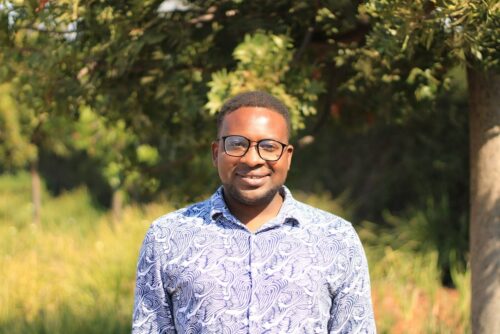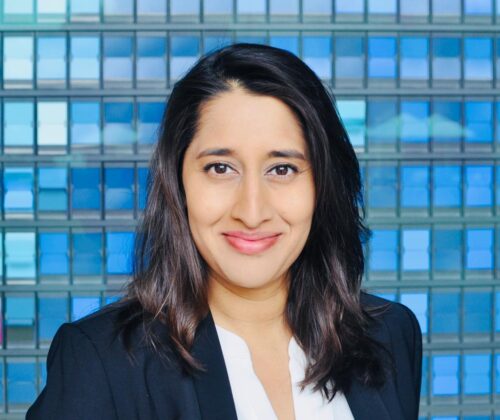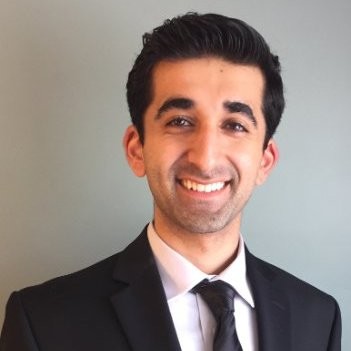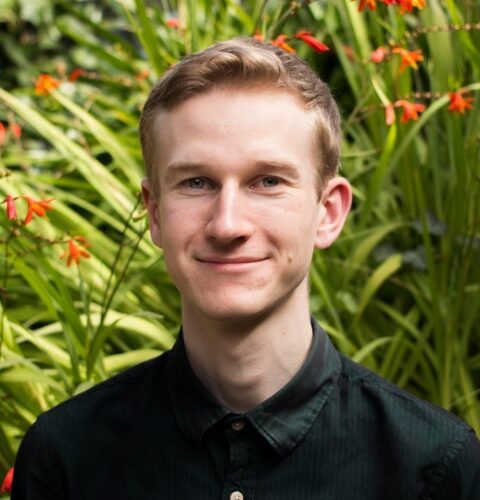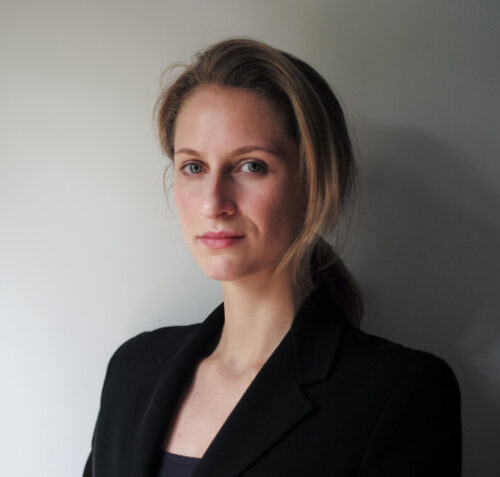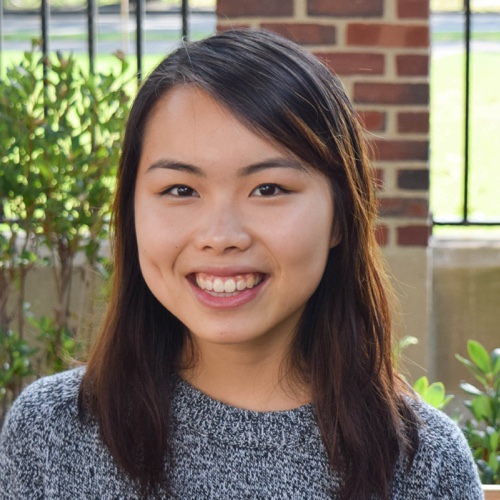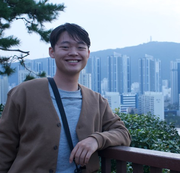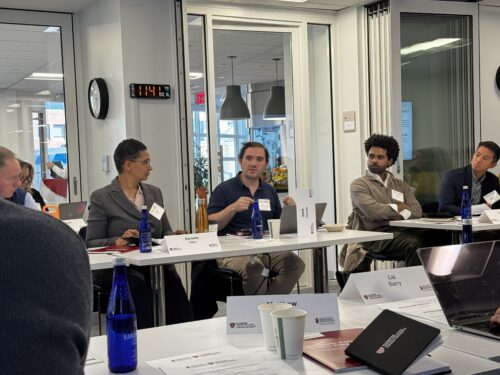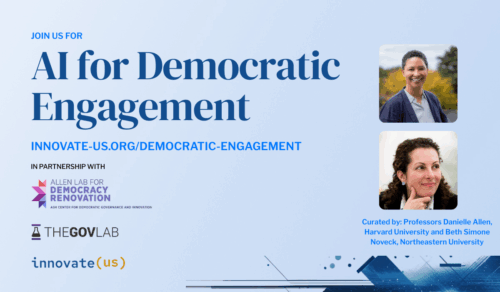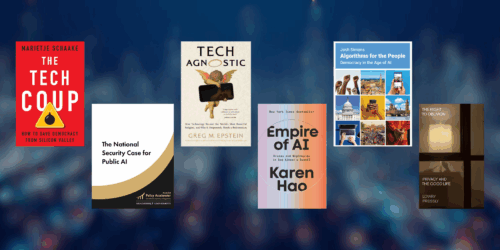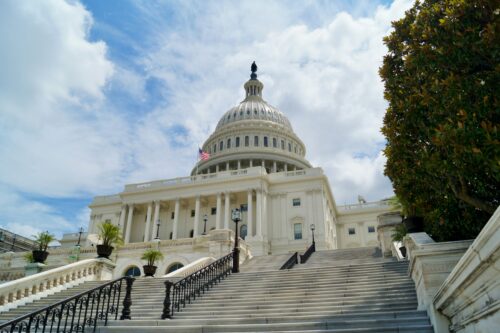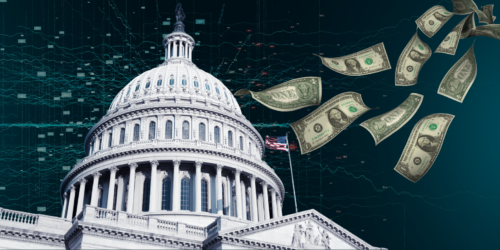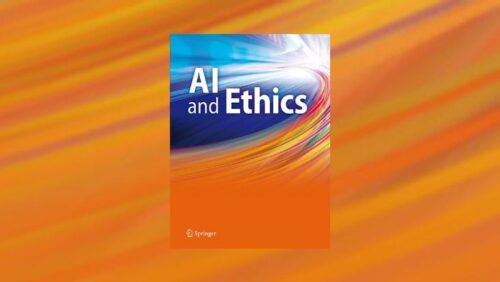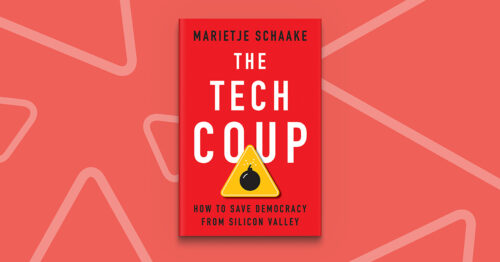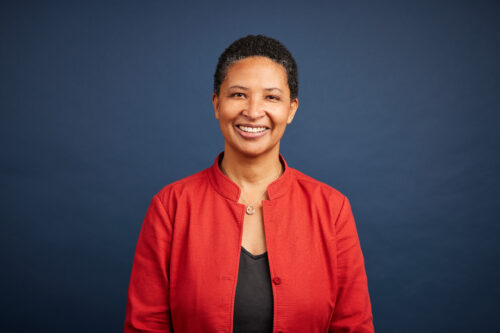
Danielle Allen
Professor of Public Policy, James Bryant Conant University Professor
The Allen Lab for Democracy Renovation’s Technology and Democracy workstream aims to ensure that emerging technologies are developed and governed in support of the public benefit.
The Allen Lab for Democracy Renovation’s Technology and Democracy workstream is focused on developing democracy-supportive technology policies, harnessing the opportunities for emerging technologies to improve governance, fostering professional norms that lead to technology development supportive of human pluralism, and building a robust pipeline of experts who can bridge ethical and technical considerations within policy and industry spaces. We pursue this work through foundational analysis and theory, field-building, and policy development.
Some of our research areas include:
At the center of our work is our multidisciplinary research network. The Governance of Emerging Technology and Tech Innovations for Next-Gen Governance (GETTING-Plurality) is a research network linking philosophers, social scientists, computer scientists, legal scholars, and technologists. This unique collaborative unites tech ethics initiatives at Harvard University with external impact partners across higher education and the tech industry, bringing philosophers and ethicists to the table for every project.
Our network seeks to advance understanding of how to shape, guide, govern, and deploy technological development in support of democracy, collective intelligence, and other public goods. Our focus is on how to do so, given the plural nature of human intelligence. We connect theory with practice to ensure that academic insights inform real-world policy and industry standards.
Professor of Public Policy, James Bryant Conant University Professor
PhD, Senior Lab Director
Associate Director for Technology & Democracy
Senior Fellow, Allen Lab for Democracy Renovation;
Co-Director and Co-Investigator, GETTING-Plurality Research Network
Feb. 2024-Jan. 2026
Distinguished Fellow, Center on Privacy and Technology, Georgetown Law
Assistant Professor of Political Science and International Affairs, Northeastern University
Professor, Northeastern University
Non-Resident Senior Fellow, Allen Lab for Democracy Renovation
July 2024-June 2026
Founder, Equiano Institute
Faculty Member, MIT and National Tsing Hua University
Professor of Philosophy, Australian National University
Research Scientist, Brigham and Women's Hospital and Harvard Medical School
Professor, Santa Fe Institute
Researcher & Lawyer
Founder, Remake Africa & Plurality Lead, School of Politics, Policy and Governance
Affiliate, Berkman Klein Center & Affiliate, Centre for the Governance of AI
Strategy, Microsoft
Postdoctoral Researcher, Meta FAIR & Affiliate, Berkman Klein Center
Faculty Director, Carr Center for Human Rights Policy & Professor, Harvard Kennedy School
Adjunct Lecturer in Public Policy
Physician Instructor and Clinical Informaticist, Rush University Medical Center
EthicAI and Former Visiting Fellow, Allen Lab for Democracy Renovation
Research Lead, Microsoft Research, Plural Technology Collaboratory & Founder, RadicalxChange Foundation
Postdoctoral Fellow in Psychology and Economic Theory, Harvard University
Former Co-Head of Corporate Strategy, Microsoft
PhD Candidate in Political Science, Yale University
PhD Candidate in Economics, MIT
PhD Candidate, King's College London
Research Scientist, OpenAI
Co-Founder, Collective Intelligence Project
PhD Candidate in Government, Harvard University
Researcher, Microsoft Research
Researcher, Harvard College
Co-Founder, Collective Intelligence Project
Occasional Paper
In a new working paper, Crocodile Tears: Can the Ethical-Moral Intelligence of AI Models Be Trusted?, Allen Lab authors Sarah Hubbard, David Kidd, and Andrei Stupu introduce an ethical-moral intelligence framework for evaluating AI models across dimensions of moral expertise, sensitivity, coherence, and transparency.
Open Access Resource
Allen Lab for Democracy Renovation Senior Fellow Allison Stanger, in collaboration with Jaron Lanier and Audrey Tang, envision a post-Section 230 landscape that fosters innovation in digital public spaces using models optimized for public interest rather than attention metrics.
Feature
The Allen Lab for Democracy Renovation and Bloomberg Center for Cities brought together civic technologists, researchers, as well as municipal and state leaders across Massachusetts for a workshop on digital civic infrastructure.
Additional Resource
Creating a healthy digital civic infrastructure ecosystem means not just deploying technology for the sake of efficiency, but thoughtfully designing tools built to enhance democratic engagement from connection to action.
Feature
Public engagement has long been too time-consuming and costly for governments to sustain, but AI offers tools to make participation more systematic and impactful. Our new Reboot Democracy Workshop Series replaces lectures with hands-on sessions that teach the practical “how-to’s” of AI-enhanced engagement. Together with leading practitioners and partners at InnovateUS and the Allen Lab at Harvard, we’ll explore how AI can help institutions tap the collective intelligence of our communities more efficiently and effectively.
Feature
This list of resources, curated by the GETTING-Plurality Research Network at the Allen Lab for Democracy Renovation, highlights emerging ideas at the intersection of technology and democracy.
Additional Resource
The bipartisan Utah Digital Choice Act aims to reform the social media ecosystem by giving users more choice and ownership over their personal data, while encouraging platform innovation and competition.
Policy Brief
The GETTING-Plurality Research Network submitted a public comment on the Development of a 2025 National Artificial Intelligence Research and Development Strategic Plan.
Policy Brief
The GETTING-Plurality Research Network submitted a comment to Representative Trahan’s Request for Information to modernize the Privacy Act of 1974.
Commentary
Allen Lab for Democracy Renovation Fellow Dr. Shlomit Wagman lays out a framework to address the threats artificial intelligence poses to global security and democratic institutions.
Additional Resource
In a recent piece for Tech Policy Press, Allen Lab Senior Fellow Alex Pascal and Nathan Sanders outline how US states are well-positioned to lead the development of Public AI. State governments can act as “laboratories of twenty-first century democracy” to experiment with AI applications that directly benefit citizens.
Additional Resource
Over the past several weeks, the Department of Government Efficiency (DOGE) within the Trump Administration has been embedding staff in a range of United States federal agencies. These staff have gained access to data maintained by the federal government. This guide explains what is in the data, what DOGE is doing with it, and why it matters to all Americans.
Policy Brief
The GETTING-Plurality Research Network submitted a public comment on the White House Office of Science and Technology Policy Request for Information on the Development of an Artificial Intelligence Action Plan.
Open Access Resource
This paper aims to provide a roadmap for governing AI. In contrast to the reigning paradigms, we argue that AI governance should be not merely a reactive, punitive, status-quo-defending enterprise, but rather the expression of an expansive, proactive vision for technology—to advance human flourishing.
Video
The Ash Center hosted an online book talk with author Marietje Schaake and discussant Bruce Schneier on Schaake’s latest work, The Tech Coup: How to Save Democracy from Silicon Valley. The discussion was moderated by Danielle Allen, James Bryant Conant University Professor and Director of the Allen Lab for Democracy Renovation.








